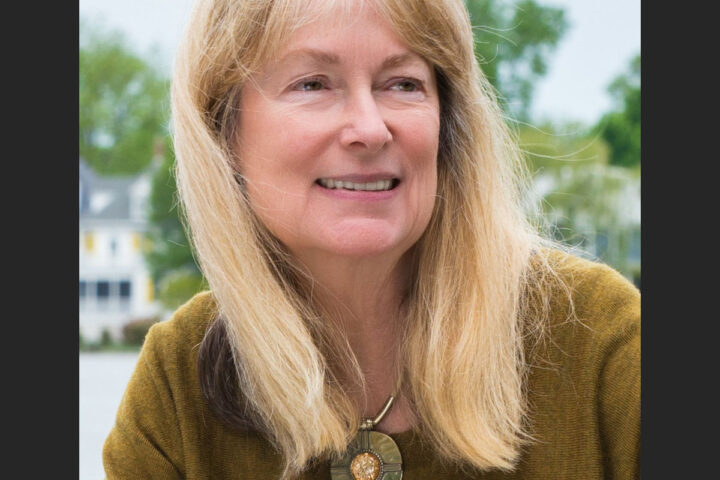Did God withdraw
to make room for the universe
or merely carve out an open space
in His Infinite light?
asked the Chassidic discourse
I’d studied that morning,
standing at the open window,
wrapped in a prayer shawl and Teffilin,
when the sanitation workers arrived
in their blue, monogrammed overalls.
The men lifted the overstuffed cans
above their heads
and emptied the contents.
Only the light was removed,
the discourse answered.
God’s Essence is at home equally
in the sacred and the profane,
finite and infinite, and is, therefore,
always present.
The sanitation workers
dropped the gray cans upside down
on the muddy grass.
Then, in inverted fashion,
the world was created:
The way the wax indents
where the signet ring protrudes,
and protrudes where the ring indents.
The way the highest brick falls
farthest from the base of the wall.
That which appears ordinary, lowly,
is rooted more deeply in the Divine.
The truck disappeared
around the corner.
I turned the next page
in my prayer book.
The sanitation workers
hung on to metal handles,
floated in the air.
Published in Cider Press Review, Volume 24, Issue 3.
See all items about Yehoshua November


 Yehoshua November is the author of two poetry collections, God’s Optimism (a finalist for the Los Angeles Times Book Prize) and Two Worlds Exist (a finalist for the National Jewish Book Award and the Paterson Poetry Prize). His work has been featured in The New York Times Magazine, Harvard Divinity Bulletin, The Sun, Virginia Quarterly Review, and on National Public Radio and On Being’s Poetry Unbound podcast program.
Yehoshua November is the author of two poetry collections, God’s Optimism (a finalist for the Los Angeles Times Book Prize) and Two Worlds Exist (a finalist for the National Jewish Book Award and the Paterson Poetry Prize). His work has been featured in The New York Times Magazine, Harvard Divinity Bulletin, The Sun, Virginia Quarterly Review, and on National Public Radio and On Being’s Poetry Unbound podcast program.


